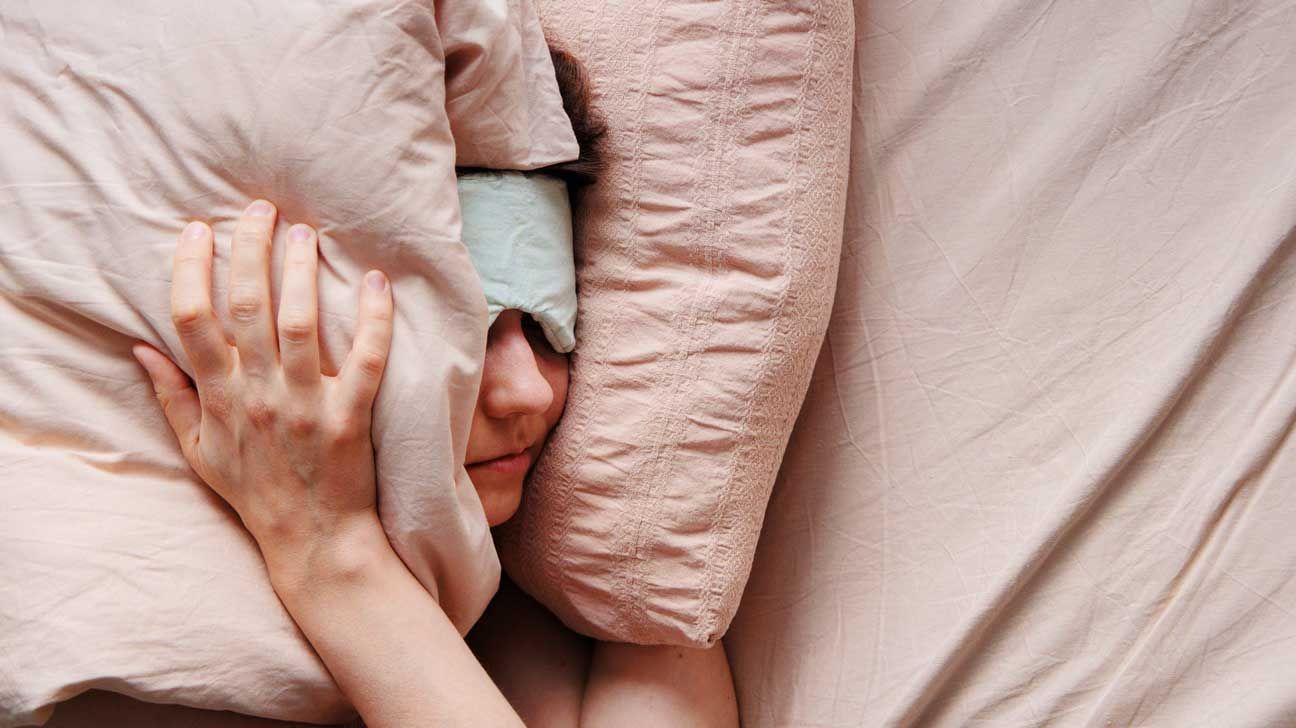Advanced sleep phase disorder is a rare condition that causes your natural circadian rhythm, or sleep-wake cycle, to occur earlier than typical.
As humans, our sleep-wake cycle— also known as our circadian rhythm— helps regulate the hours we spend awake and asleep. In modern society, our circadian rhythm generally follows a day-night cycle in which we stay awake during the day and sleep at night.
For people with circadian rhythm sleep disorders, this internal clock can fall outside of the typical sleep-wake cycle. Advanced sleep phase disorder (ASPD) causes someone to fall asleep and wake up much earlier than usual.
Learn more about what advanced sleep-wake phase disorder is, including the symptoms, causes, diagnosis, treatment, and more.

One of the main symptoms of ASPD is a change in your circadian rhythm.
Typically, human circadian rhythms follow a 24-hour sleep-wake cycle in which we’re more awake during the day and much sleepier at night. Still, our circadian rhythms can differ due to factors such as our age.
When someone has
Other
- trouble falling asleep
- trouble staying asleep
- not feeling well-rested after sleep
- extreme fatigue, exhaustion, and lethargy
- difficulties with alertness and concentration
- impaired judgment
- mood changes
- headaches
ASPD is relatively rare, affecting only around 1% of the population, according to the American Academy of Sleep Medicine. Because of this, there’s very little research on what causes this condition.
What we do know is light and dark circles, as well as genetics, strongly influence our circadian rhythms. According to
Only a few early studies have explored the possible risk factors for ASPD.
Initial
Still, further research is still necessary to understand whether specific genes can indicate a risk factor for ASPD.
If you’ve been
Depending on your symptoms, they may use different diagnostic tools to collect more information. Some of these tools can include questionnaires — like the Horne Ostberg Morningness-Eveningness Questionnaire (MEQ) — and at-home sleep monitoring.
In some cases, a doctor might refer you to a sleep specialist for further testing, such as an overnight sleep study (polysomnogram), to help rule out other sleep disorders.
Medications
Currently, there are no specific medications for treating ASPD. But both melatonin receptor agonists and melatonin supplements
Other medications that may be helpful include benzodiazepines to help you sleep longer and modafinil and armodafinil to help you stay awake longer.
Light therapy
Our bodies rely on natural external cues like light and dark cycles to help regulate our internal sleep-wake cycle. Light therapy involves using artificial light to change the body’s natural circadian rhythm.
For people with advanced sleep phase disorder, artificial light exposure should ideally take place later in the day, such as in the late afternoon or early evening.
Lifestyle measures
One of the most important aspects of treatment for any circadian rhythm sleep disorder is lifestyle measures. Some of the behavioral changes that can be helpful for managing these conditions include:
- following a regular meal schedule
- engaging in regular physical activity
- avoiding taking naps during the day
- limiting caffeine and substances before bed
- managing your light exposure during the day
- practicing good nighttime sleep hygiene
Most people with circadian rhythm sleep disorders can benefit from combining all three treatment approaches to manage their symptoms long term.
Advanced sleep phase disorder is a type of circadian rhythm sleep disorder that causes someone’s sleep-wake cycle to occur earlier than usual.
As people with this disorder have much earlier sleep and wake times, it can make day-to-day functioning difficult.
If you’ve been experiencing any recent changes to your sleep — such as trouble falling or staying asleep — consider speaking with a doctor.
They can identify what may be causing your symptoms and put a treatment plan in place.
